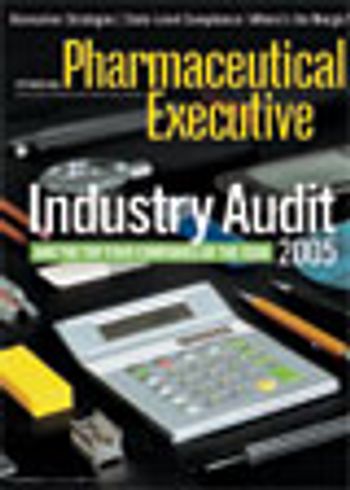
Pharmaceutical Executive
If pharmaceutical companies hope to improve their marketing efficiency, they have to change how they approach their customers. For years, manufacturers have been practicing the "more is better" direct-selling approach to physicians. But research now shows what common sense has long suggested: More has become too much. Education has given way to inundation, clamoring for face time with physicians has led to diminishing sales returns, and relationships with major pharma stakeholders have broken down. Physicians, regulators, consumers, and legislators have come to mistrust manufacturers' motives and integrity. As pharma asks how its marketing strategies have missed the mark, it may discover answers in reinventing something it once relied upon: strong relationships with customers.
